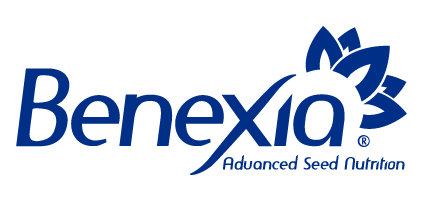Coronary Heart Disease (CHD) is the most common cause of death in the Western industrialized world. In both the USA and the EU, it accounts for over 600,000 deaths yearly. CHD also is the leading cause of premature, permanent disability in the US labor force, accounting for 19% of all
disability allowances paid by the Social Security Administration.
CHD is caused by arteriosclerosis. A number of studies have demonstrated that increased intake of lipids (saturated fatty acids, cholesterol, omega-6 fatty acids), has a close relationship with the high incidence of this disease. In addition, epidemiological and clinical studies have shown that consuming lipids rich in n–3 fatty acids reduces CHD.
Chia seed has also received increasing attention for its potential role in the prevention of dyslipidemia. In this regard, some animal studies have shown a reduction in plasma TAG, NEFA, and total cholesterol and an increase in HDL-cholesterol when this food ingredient was used as a source
of dietary fat in normal or dyslipidaemic rats.
On the other hand, normal rats fed a sucrose-rich diet (SRD) developed dyslipidemia and insulin resistance among other biochemical and metabolic alterations that mimic many aforementioned signs of the metabolic syndrome. Researchers recently demonstrated that feeding these rats for 3 weeks with an SRD in which chia seed was the source of dietary fat prevents the onset of dyslipidemia and IR without changes in plasma glucose levels. Moreover, dyslipidemia and IR in rats fed with the SRD for a long term (5 months) were reversed without changes in plasma insulin
levels when chia seed instead of maize oil became the dietary source of fat for the last 2 months of the feeding period.
In addition, dietary chia seed reduced increased epididymal and retroperitoneal fat pad weights present in long-term SRD-fed rats, and induced lipid redistribution and attenuated metabolic cardiovascular and hepatic signs of rats fed a high-carbohydrate-fat diet. Other groups of researchers showed that in weanling normal rats fed an SRD, the partial substitution of dietary linoleic acid with ALA for 3 months resulted in lowered blood lipid levels and partially corrected sucrose-induced IR.
At present, the mechanisms by which dietary chia seed could normalize or improve altered plasma lipid levels are still not completely understood. It is possible that the proportion of ALA (64% of total lipids) in the chia seed as a precursor of EPA and DHA, similar to the effect of fish oil, could modify fatty acid metabolism in the liver through the activation of peroxisome proliferator-activated receptor alpha (PPAR-alpha) promoting the lipids metabolism, and the down-regulation of sterol regulatory element-binding protein-1c (SREBP-1c), leading to a decrease in serum lipids.


